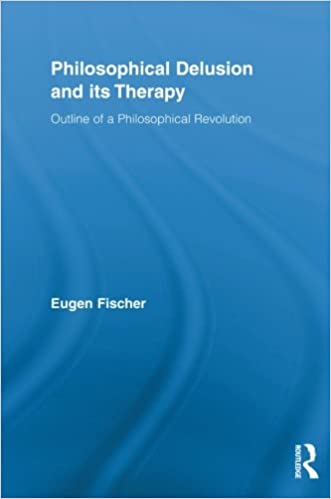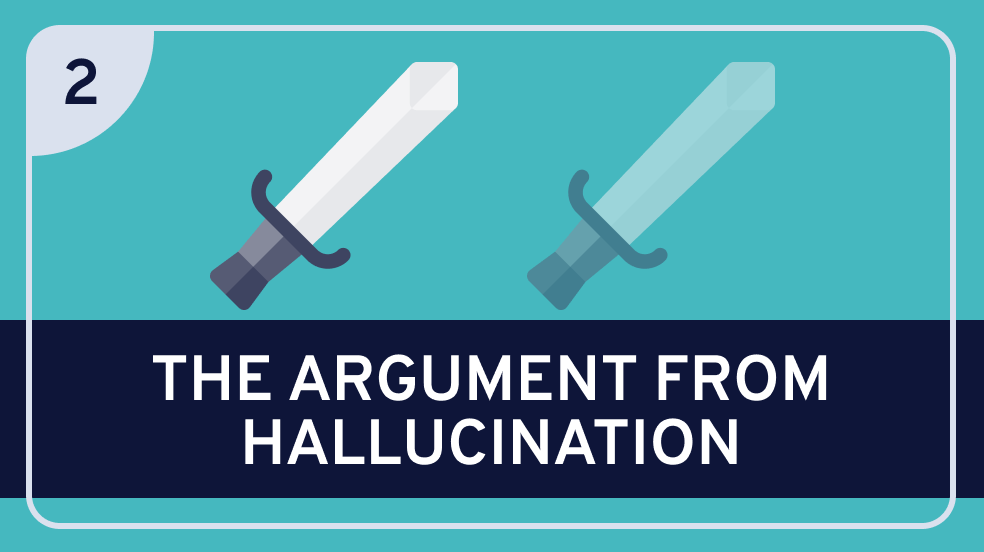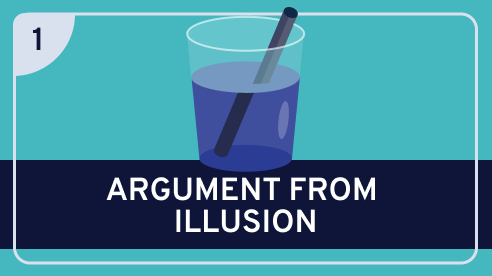
Eugen Fischer
Associate Professor of Philosophy at University of East Anglia
BPhil (Oxford), DPhil (Oxford), PD (LMU Munich)
I taught at the universities of Oxford and Munich before coming to UEA. I have been a Heisenberg Research Reader, Golestan Fellow at the Netherlands Institute of Advanced Study, and a Senior Research Fellow at the Central European Institute for Advanced Study / Collegium Budapest.
My current research focuses on philosophical intuitions: intuitions which are used as evidence for philosophical theories or engender philosophical paradoxes and problems. In collaboration with colleagues from psychology, I am pursuing an interdisciplinary research programme currently emerging from experimental philosophy: The ‘sources project’ (aka ‘cognitive epistemology’, or the ‘underwater part’ of ‘iceberg epistemology’) seeks to develop psychological explanations of philosophical intuitions that help us assess their evidentiary value. I study intuitions at the root of classical paradoxes about the mind and perception. I am particularly interested in the role of analogy and metaphor in automatic cognition as well as in the role of verb-related stereotypes. My recent and forthcoming papers on the topic include:
Mind the Metaphor! A Systematic Fallacy in Analogical Reasoning. Analysis 75 (2015), 67-77
Philosophical Intuitions, Heuristics, and Metaphors. Synthese 191 (2014), 569-606
Messing Up the Mind? Analogical Reasoning with Metaphors. In H. Jales Ribeiro (ed.): Systematic Approaches to Argument by Analogy. Springer 2014, pp. 129-148
My experimental work on verb-related stereotypes is done in collaboration with psychologist Paul Engelhardt (UEA) and computational linguist Aurelie Herbelot (Cambridge):
E. Fischer & P.E. Engelhardt: Stereotypical Inferences: Philosophical Relevance and Psycholinguistic Toolkit. Ratio (SI Experimental Philosophy as Applied Philosophy, 2017)
E. Fischer & P.E. Engelhardt: Intuitions’ Linguistic Sources: Stereotypes, Intuitions, and Illusions. Mind and Language 31 (2016), 67-103
E. Fischer, P.E. Engelhardt & A. Herbelot: Intuitions and Illusions. From Explanation and Experiment to Assessment. In: E. Fischer and J. Collins (eds.): Experimental Philosophy, Rationalism, and Naturalism, Routledge, 2015 (paperback ISBN 978-1-13-888728-2), pp. 259-292
Paradox-Psychology. Cognitive Epistemology and Philosophical Problem-Resolution (in German). In T. Grundmann, J. Horvath and J. Kipper (eds.): Die Experimentelle Philosophie in der Diskussion. Suhrkamp 2014, pp. 285-313
The second, subtly related, focus of my work is on therapeutic aims and methods in philosophy, and on when and why they need to complement familiar forms of philosophical argument and analysis. In particular, I have used findings from cognitive psychology and concepts from cognitive psychotherapy (CBT) to develop some meta-philosophical and methodological ideas first mooted by Wittgenstein and J.L. Austin. This line of research has redeveloped the notions of ‘philosophical problem-dissolution’ and ‘therapeutic philosophy’ within a post-linguistic paradigm. Major publications include:
Philosophical Delusion and its Therapy. Outline of a Philosophical Revolution, Routledge 2011 (Paperback 2013)
How to Practice Philosophy as Therapy: Philosophical Therapy and Therapeutic Philosophy, Metaphilosophy 42 (2011), 49-82
Diseases of the Understanding and the Need for Philosophical Therapy, Philosophical Investigations 34 (2011), 22-54
Wittgenstein’s Non-Cognitivism – Explained and Vindicated, Synthese 162 (2008), 53-84
I have also done some primarily exegetical work on Wittgenstein. I am co-editor (with Severin Schroeder) of the monograph series “Wittgenstein’s Thought and Legacy” (Routledge) and of the collection:
Erich Ammereller & Eugen Fischer (eds.): Wittgenstein at Work. Method in the “Philosophical Investigations”. Routledge 2004 (Paperback 2010).
I am happy to supervise work on any of these and directly related topics.






